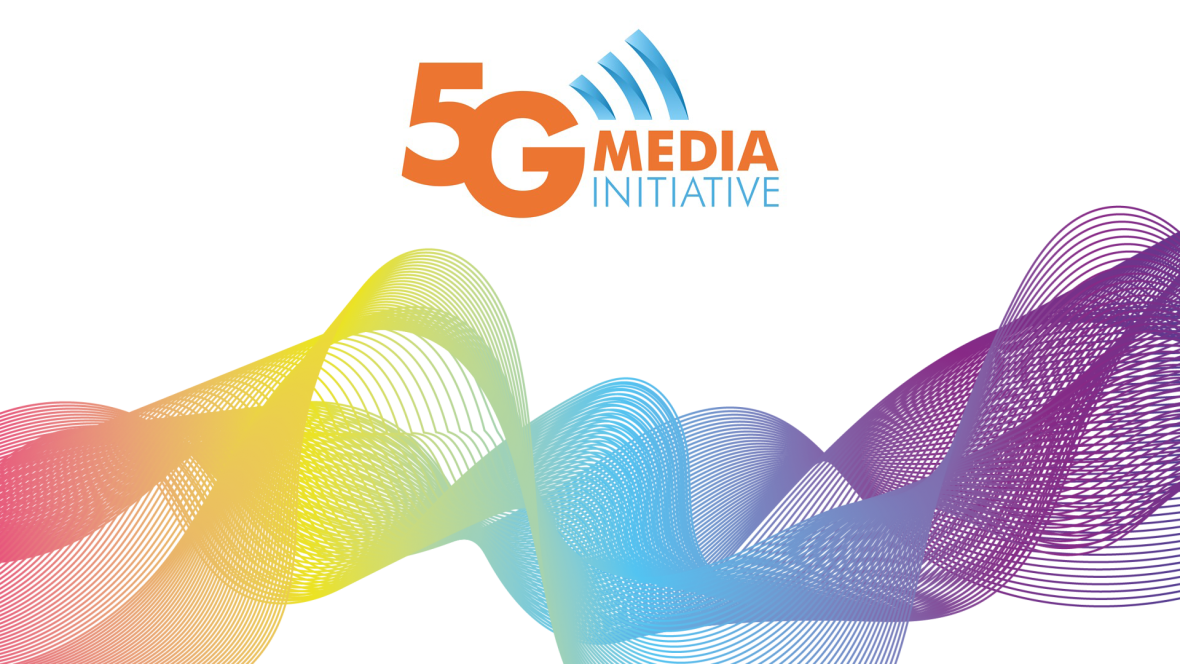
What is the 5G Media Initiative?
The 5G Media Initiative connects media, science and industry to exchange know-how, develop common positions and initiate research projects. In contrast to other 5G initiatives, we focus our research activities on strong media relations.
What 5G means for us
The next generation of 5G cellular radio not only promises improved technology for the mobile phone. As a comprehensive end-to-end communication system, it will change entire branches and markets. In addition to faster mobile Internet, the expected areas of application for 5G include automated driving, industry 4.0, Smart Grid and eHealth. The newest generation of mobile communications also has great potential for the media, culture and creative industries. Based on a global standard, 5G offers the possibility of universal networks for communication and hybrid media usage. By seamlessly integrating linear and non-linear offerings, tomorrow’s devices will allow improved interaction with social media and user-generated content, as well as new services for barrier-free media participation. In order to secure Europe’s competitive position, this technology is supported by policymakers through the German government’s 5G Initiative and the European Commission’s 5G Action Plan.
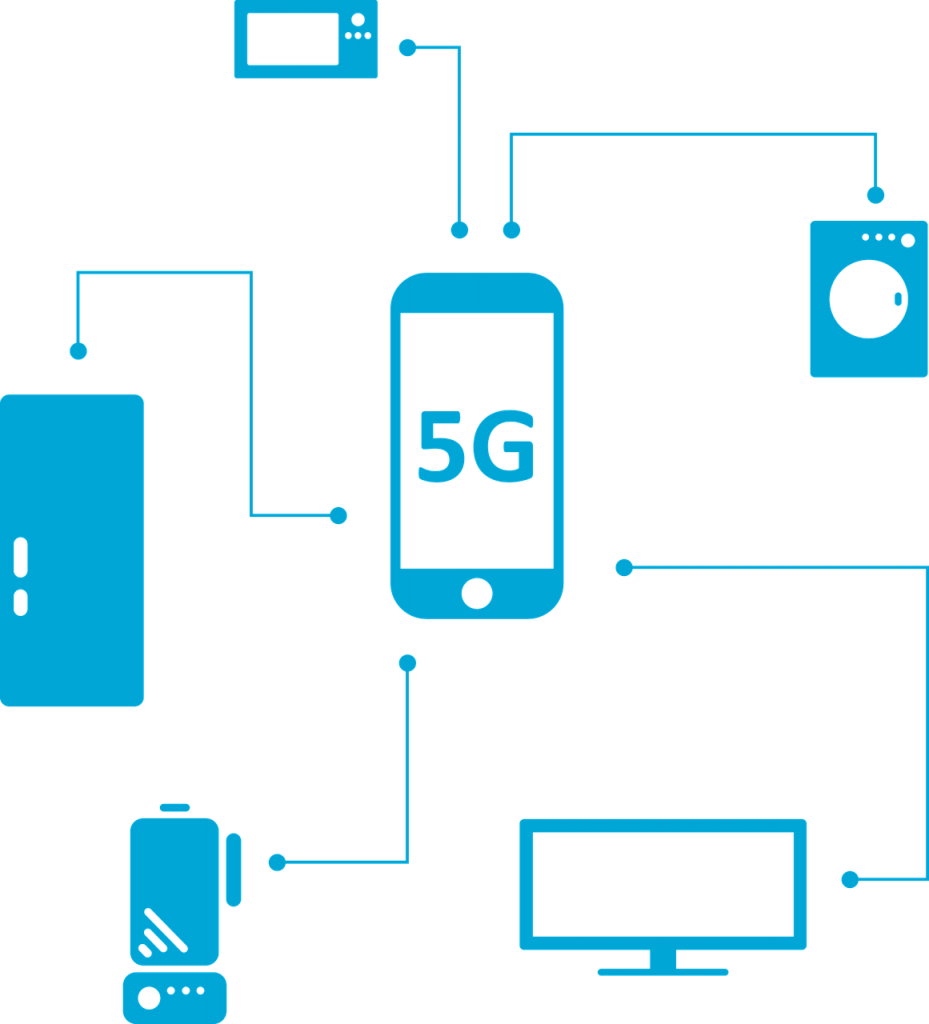
Goals

Platform
Testing the future distribution of media content via modern and convergent 5G networks and evaluating the business models that emerge as a result

Terminal Equipment
Hybrid media access with seamless transition from live to on-demand and new services

Media Production
Overcoming infrastructural boundaries of traditional media production thanks to wireless IP basis

New Media Formats
Allows formats such as 360°, Augmented and Virtual Reality as well as barrier-free services

Converged Network
Merging all communication networks and technologies and bundling in a joint 5G standard

Development
Identifying common interests and benefits of communication based on a 5G standard and influencing standardisation and regulation
Our Goal
On 18 May 2017, the 5G Media Initiative was launched to promote the potential of 5G for the media industry. Through joint research and development, the partners will be linked to exchange knowledge in all areas of media production and usage. Emphasis on the production side is placed on acquisition, smart and remote production, contribution and distribution. On the user side, this should include the above-mentioned areas of application (closer integration of linear and non-linear offerings, interaction and user-generated content as well as additional services for barrier-free media access). Both stationary and mobile use – for example in cars or in public transport – are to be considered. In addition, it is also important to analyse the changing supply targets, network topologies, frequency economy and radio network planning. The 5G Media Initiative differs from other 5G initiatives thanks to its strong media reference, competencies from various fields and its central platform for potential project partners and users.
Partners
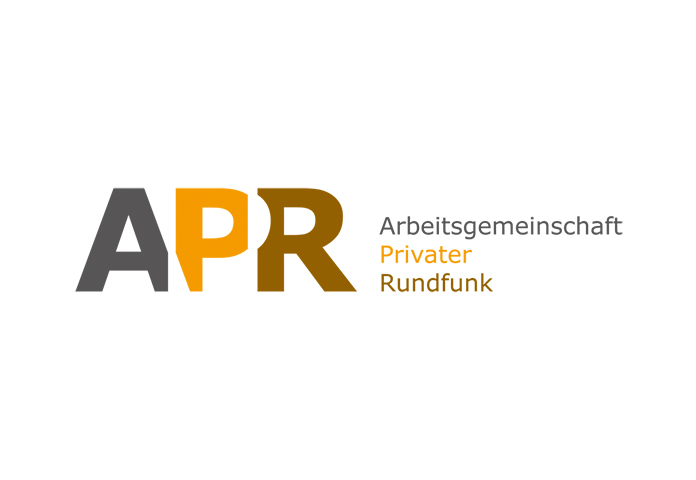
Arbeitsgemeinschaft Privater Rundfunk
APR represents the interests of local and regional electronic media, with a focus on radio providers. It has 290 direct and indirect member companies, most of which are organised via regional associations. One of the tasks of the association is to promote new distribution channels for the members’ media offerings. On the one hand, this involves sounding out the opportunities offered by new technologies and understanding interrelationships. It is then a matter of keeping open the opportunities for diverse media offerings on each individual sales channel. APR assumes that in the future distribution channels as well as program content will compete with each other. For APR and its members, the focus is not on technology, but on the question of how diverse content finds its way to the user. The technical and economic bases of the individual distribution channels are different, and regulatory requirements in telecommunications and media law as well as licensing models in copyright law must also be taken into account. The refinancing options also differ depending on the individual sales channels. APR participates in the 5G Media Initiative in order to develop and implement future-oriented solutions with cooperation partners for its members.
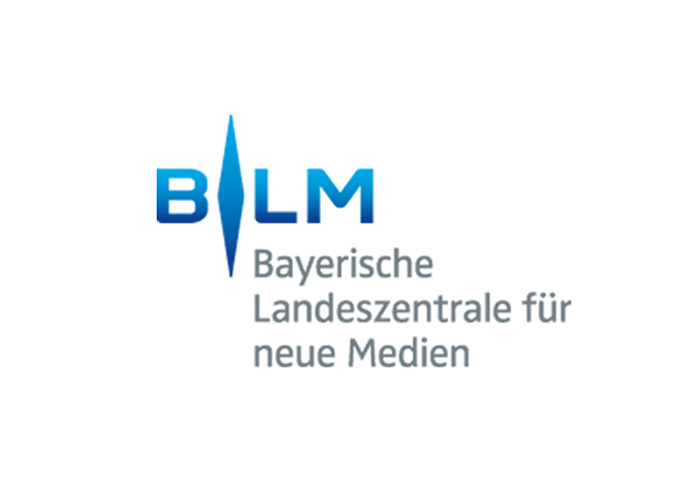
Bayerische Landeszentrale für neue Medien
The Bayerische Landeszentrale für neue Medien (BLM) is one of the 14 state media institutions and a public law institution with legal capacity in Bavaria. It supervises the private broadcasting services in Bavaria. The BLM is a member of the Working Group of the Bavarian State Media Authorities.
The BLM bears public responsibility for the programme offerings of private broadcasters approved by the BLM. The BLM designs, organises and improves the Bavarian broadcasting landscape. It authorises radio and television stations, organises technical broadcasting and supervises the programmes. The BLM assumes various promotional tasks, be it in relation to programme and technology or in the area of training and further education. One focus is on promoting media literacy. It conducts targeted media research, for example on the reach of all radio and television stations, but also on content issues such as media education. On the basis of such studies, existing structures are evaluated and further developed – with a view to economic efficiency and programme content
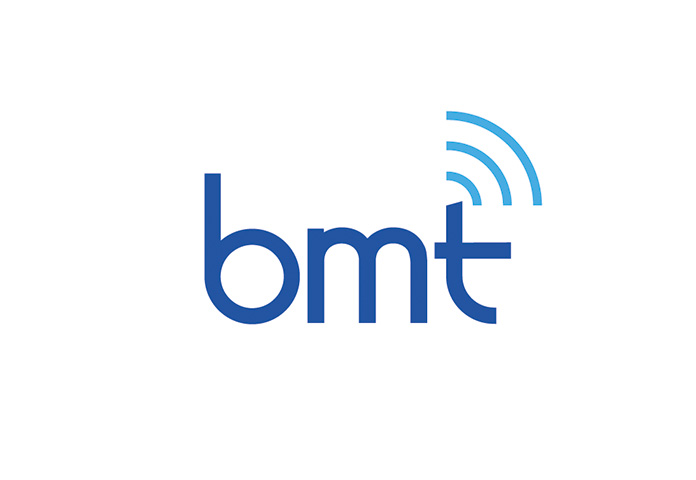
Bayerische Medien Technik GmbH
Bayerische Medien Technik GmbH (bmt) was founded in 1994 as a subsidiary of the Bavarian Regulatory Authority for Commercial Broadcasting (BLM) and the Bavarian Broadcasting Corporation (BR). Its work focuses on software developments (apps, HbbTV, TPEG products) and services (TV playout, FM transmitter network operation, frequency measurements) for commercial radio and television companies in Bavaria. Through a multitude of projects in the distribution of audio and video for all partners of the dual broadcasting system, bmt has built up comprehensive expertise in the digital media sector. The bmt leads the 5G Media Initiative and organises its communication.
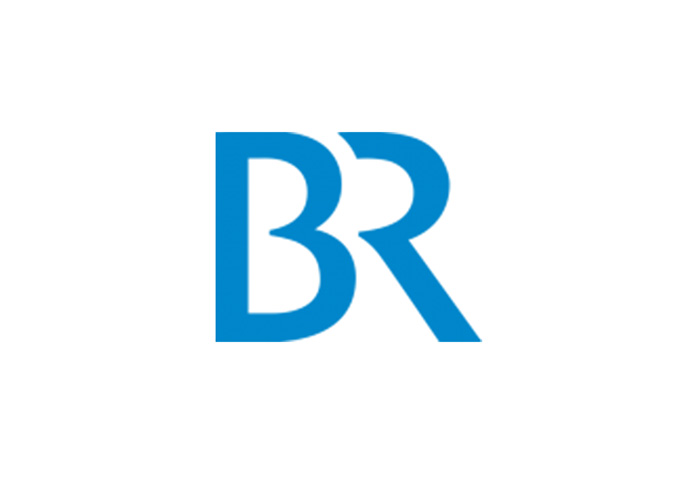
Bayerischer Rundfunk
Bayerischer Rundfunk, or BR for short, is Bavaria’s public service broadcaster, reaching around eight million people throughout Germany every day. With ten radio stations and two television channels, two internationally renowned symphony orchestras, a celebrated chorus and more than five thousand members of staff, we are one of Europe’s most respected broadcast institutions. BR operates broadcasting centres in Munich and Nuremberg, as well as over 20 studios and its own broadcasting networks throughout Bavaria. As the fourth largest member of ARD, BR delivers many high-quality programmes to Das Erste, ARTE, 3sat, phoenix and KiKA. Included among the highlights are feature films, series, documentaries and sports broadcasts
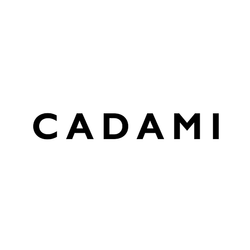
CADAMI
Cadami is a Munich-based company offering wireless video streaming solutions. As a spin-off company of the Technical University of Munich, the startup has developed a transmission technology that allows crowd-based streaming of videos to massively scale mobile video without overloading the network. Cadami has been developing, promoting and licensing patents and software solutions since 2015.
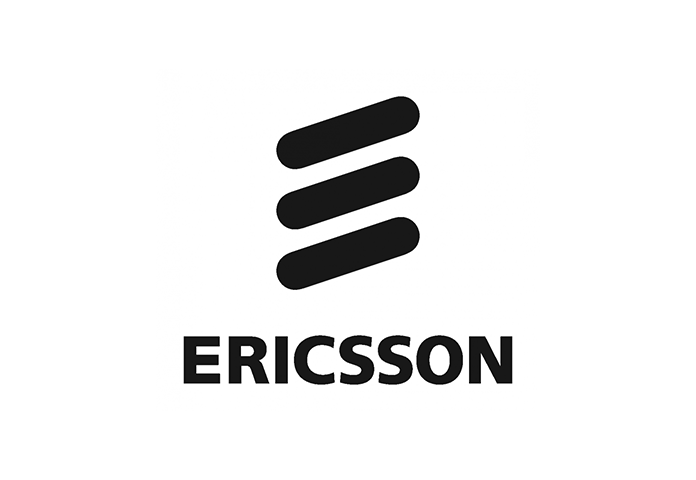
Ericsson
Ericsson is a global leader in communication technologies – hardware, software and services – that enable full use of connectivity. The company portfolio includes networks, digital services, managed services and emerging business. In this rapidly changing environment, the company helps its customers to digitize, increase efficiency and develop new revenue streams. Thanks to Ericsson’s investment in innovation, billions of people around the world are already enjoying the benefits of telephony and mobile broadband
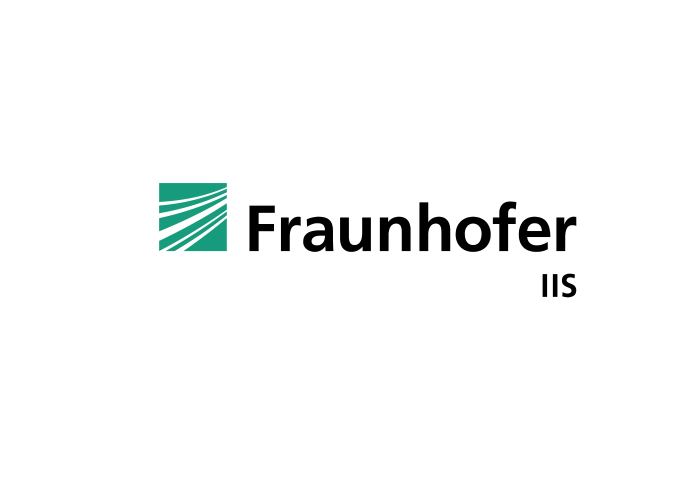
Fraunhofer-Institut für Integrierte Schaltungen IIS
Fraunhofer Institute for Integrated Circuits IIS application-oriented research institute for microelectronic and information technology system solutions and services. Today it is the largest institute in the Fraunhofer-Gesellschaft. Fraunhofer IIS is known worldwide for its significant participation in the development of the audio coding methods mp3 and MPEG AAC. In close cooperation with its clients, the Fraunhofer IIS scientists conduct cutting-edge international research in the fields of audio & multimedia, imaging systems, energy management, IC design and design automation, communication systems, localization, medical technology, sensor systems, security technology, supply chains and non-destructive testing. More than 900 employees work in contractual research for industry, service companies and public institutions. Founded in 1985, the institute has 13 locations in 10 cities: Erlangen (headquarters), Nuremberg, Fürth and Dresden as well as in Bamberg, Waischenfeld, Coburg, Würzburg, Ilmenau and Deggendorf. The budget of 150 million euros per year is financed by contract research up to a basic funding of 24 percent.
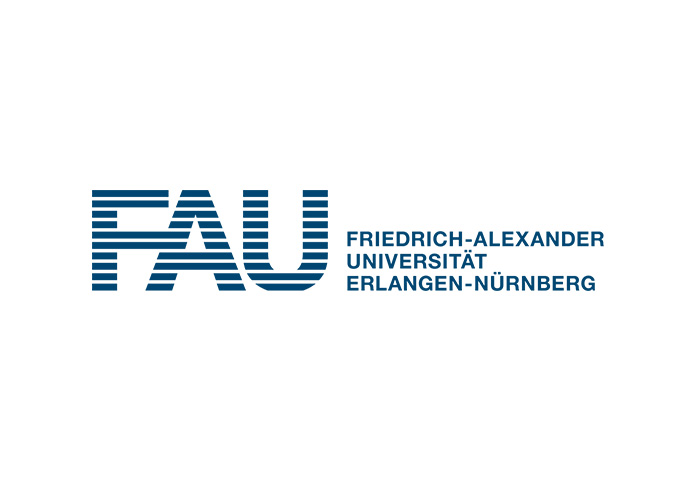
FAU Erlangen-Nürnberg
39,868 students, 263 degree programmes, 4,000 employees in the scientific field, including 576 professors, third-party funding of 180 million euros (2015) and 500 partnerships with universities all over the world – the Friedrich-Alexander-University Erlangen-Nuremberg which was founded in 1743 with a long tradition is one of Germany’s largest, research-strong and internationally oriented universities. Its research-oriented teaching focuses on the knowledge- and method-based education of students to become critical and self-reliant personalities; the research itself is equally fundamental- and application-oriented. Numerous top rankings in national and international rankings, as well as in the DFG’s funding statistics, prove the FAU’s outstanding proficiency
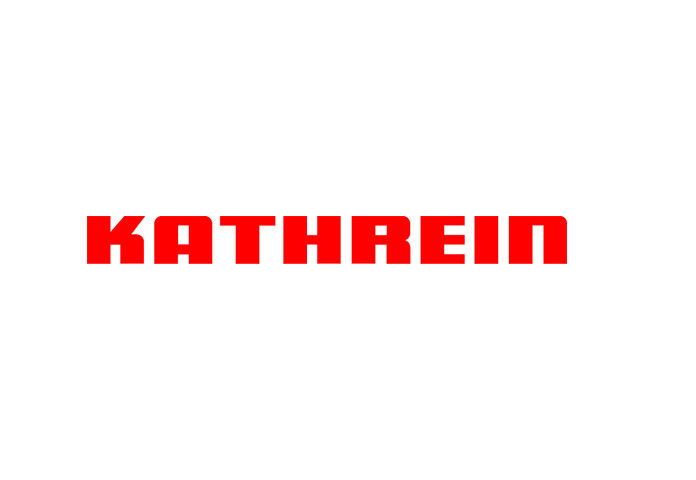
Kathrein Broadcast GmbH
Kathrein is a specialist for reliable, high-quality communication technologies. The company is driving innovation and technology in today’s connected world. Its ability to provide solutions and services enables people all over the world to communicate, access information and use media, whether at home, at the office or on the road. The business covers a broad spectrum: from mobile communication, RFID and special solutions, to satellite reception and broadcast technology, to transmission and reception systems in vehicles. As a hidden champion and family-owned enterprise, Kathrein has been working on the technologies of tomorrow since 1919. The company takes pride in its dedicated employees and passion for costumers and quality.
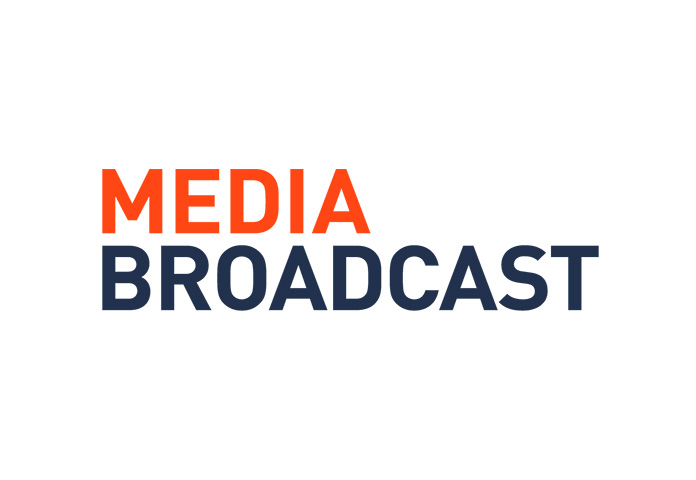
Media Broadcast
Media Broadcast is part of the freenet Group and, as Germany’s largest service provider for the broadcasting and media industry, a partner for your digitalisation. The company plans, builds and operates multimedia transmission platforms for TV and radio based on modern transmitter, cable and satellite networks. Media Broadcast is the market leader for DAB+ and DVB-T2 HD and markets the freenet TV platform. In addition, the company connects broadcasters with its high-availability fiber optic network and implements productions and transmissions of live events for TV stations and companies. The company is headquartered in Cologne, Germany. Several hundred service employees are deployed nationwide.
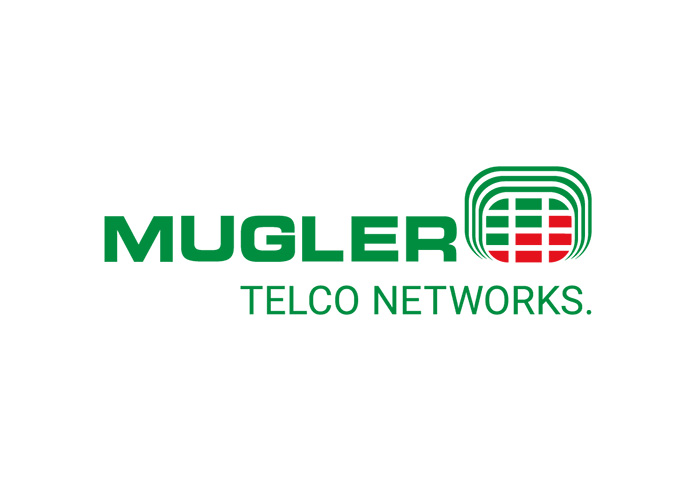
MUGLER AG
MUGLER AG is a medium-sized company that has developed into a leading service provider in the telecommunications industry. With planning, installation and commissioning through to service / operation (365/24/7) MUGLER AG offers a wide range of services for radio, fixed networks, system and mobility solutions. The portfolio includes many years of experience in mobile communications, broadcast, public authority radio as well as operating networks, transport networks and in-house coverage.
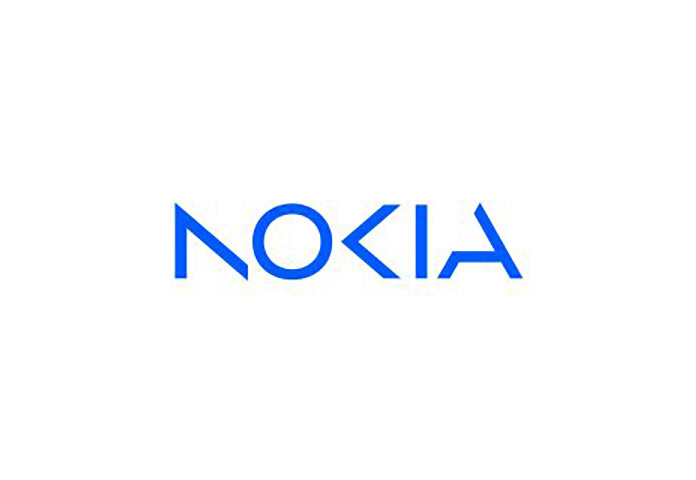
Nokia
At Nokia, we create technology that helps the world act together.
As a B2B technology innovation leader, we are pioneering networks that sense, think and act by leveraging our work across mobile, fixed and cloud networks. In addition, we create value with intellectual property and long-term research, led by the award-winning Nokia Bell Labs.
Service providers, enterprises and partners worldwide trust Nokia to deliver secure, reliable and sustainable networks today – and work with us to create the digital services and applications of the future.
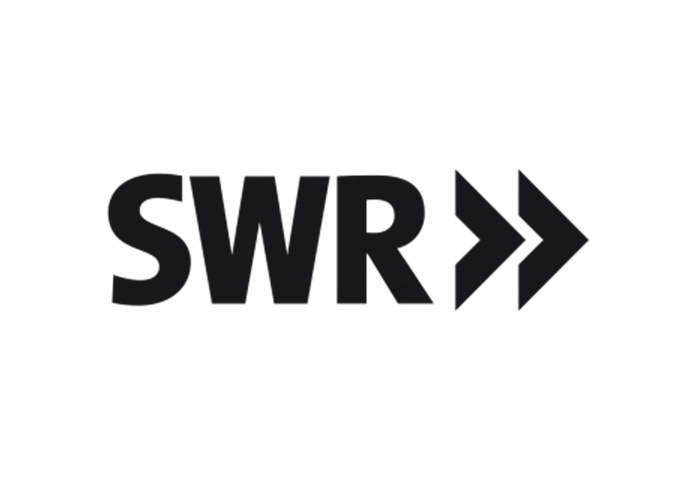
Südwestrundfunk
Südwestrundfunk (SWR) is a public federal service broadcaster. Its programme portfolio includes SWR Fernsehen, SWR1, SWR2, SWR3, SWR4, DASDING and SWR Classic, as well as independent programmes for Baden-Württemberg and Rhineland-Palatinate. SWR is also heavily involved in the ARD community programmes. In an increasingly globalised world, SWR offers proximity and regional roots while keeping an eye on nationally and internationally relevant topics. Regardless of whether it is Tatort im Ersten from Stuttgart or Ludwigshafen, news and stories from Baden-Württemberg and Rhineland-Palatinate on SWR Aktuell and SWR Landesschau on SWR Fernsehen or contributions to all our radio programmes – SWR’s commitments combine regionality and topicality and show relevance in the here-and-now. The digitalisation and changing behaviour in media use also characterises SWR and its programmes. One of SWR’s main concerns is to provide content for young people. This is underlined by the SWR children’s network and the lead management for the radio content network.
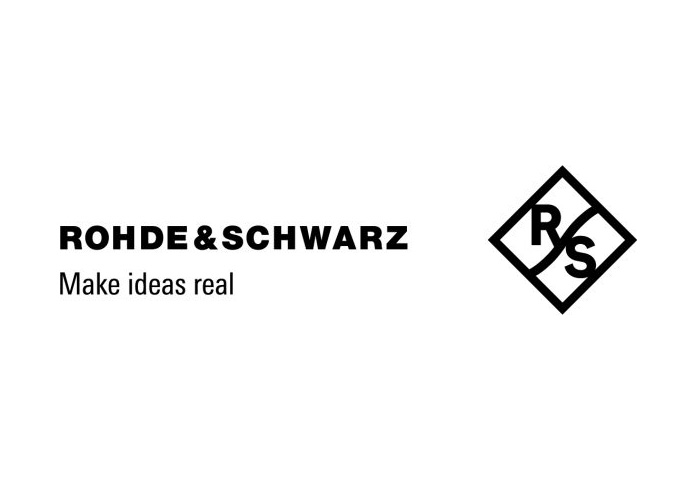
Rohde & Schwarz
Rohde & Schwarz has been an innovator in broadcast and media for over 70 years. The Rohde & Schwarz product portfolio covers the entire signal processing chain for digital video and audio content – from ingest and playout to encoding and multiplexing, from contribution to satellite and IP networks to streaming and broadcast services and entire broadcast networks. The T&M expert also offers a development, production and quality assurance. Rohde & Schwarz invests in an IP and software based future built with the blend of innovation, experience and stability that the company can offer.
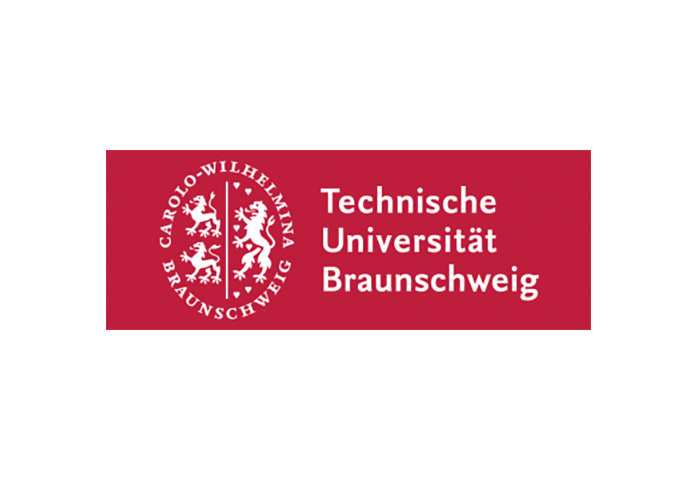
TU Braunschweig
The Institute of Communications Engineering (IfN) of the TU Braunschweig consists of four departments: “Electronic Media: System Theory and Technology”, “Information Theory and Communication Systems”, “Mobile Radio Systems” and “Signal Processing and Machine Learning”. The IfN currently employs 30 scientific staff (70% third-party funding) and 11 technical and administrative staff. The research, supported by numerous students, is carried out by the institute within the framework of numerous projects with partners, several of which are directly related to 5G or 5G Broadcast. Partners include global research associations and individual institutions, as well as national partners such as Die Deutsche Forschungsgemeinschaft, the Federal Ministry of Economics, the Federal Ministry of Transport, industrial companies and the RTL Group
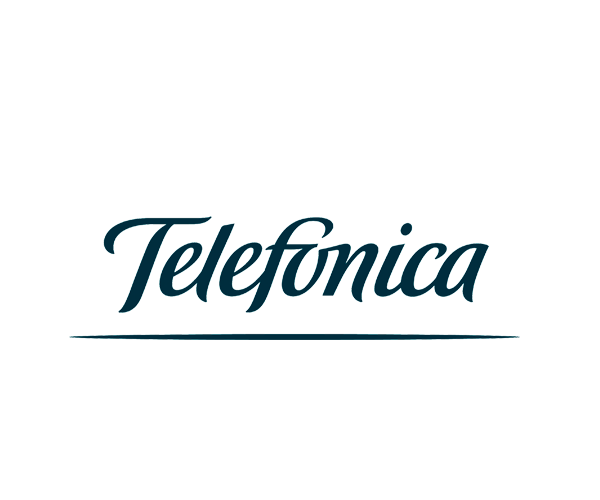
Telefónica
Telefónica Deutschland offers telecommunications services for private and business customers, as well as innovative digital products and services in the fields of the Internet of Things and data analytics. With a total of 49,4 million customer connections (as of 30 June 2018), the company is one of the leading integrated telecommunications providers in Germany. In the mobile segment alone, Telefónica Deutschland is responsible for more than 45,2 million connections – no other domestic network operator connects more people. By 2022, the company aims to become the “Mobile Customer & Digital Champion”, meaning the preferred partner for costumers in the German mobile service market that allows them mobile freedom in the digital world. Through its core brand O2 and various secondary and partner brands, the company sells postpaid and prepaid mobile telecommunications products including innovative mobile data services. The basis for this is a mobile service network based on a high-performance GSM, UMTS and LTE infrastructure. Telefónica Deutschland also provides telephony and high-speed internet products, such as VDSL, in the fixed network field. Telefónica Deutschland Holding AG has been listed in the Prime Standard on the Frankfurt Stock Exchange (TecDAX) since 2012. In the 2017 financial year, the company generated revenue of EUR 4,3 billion with almost 9,300 employees. The company is majority owned by the Spanish telecommunications group Telefónica S.A., headquartered in Madrid. With the presence in 21 countries and a customer base of almost 350 million connections, the group is one of the world’s biggest telecommunications providers.
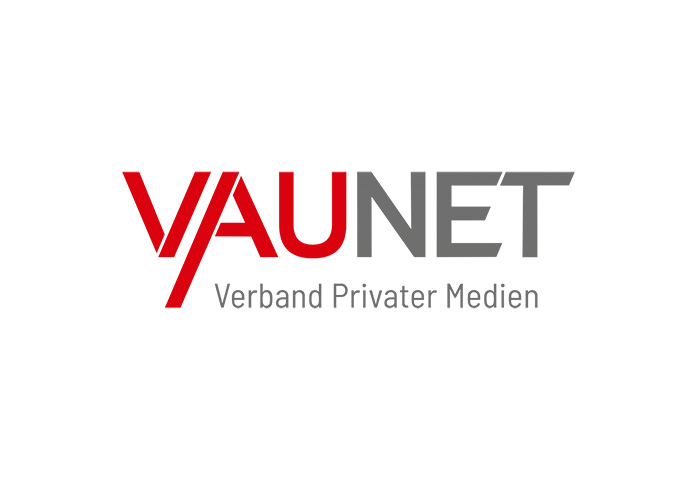
Vaunet
VAUNET is the umbrella organisation for private audiovisual media in Germany. VAUNET – Verband Privater Medien e.V. has been the name of the former VPRT (Verband Privater Rundfunk und Telemedien – Association of Private Broadcasters and Telemedia), based in Berlin and with an office in Brussels, since 21 May 2018. The diverse business segments of the approximately 150 members include TV, radio, web and streaming services.
The association’s work is geared to the convergent development of the markets for audiovisual media and plays an active role in shaping the framework conditions at both national and European level. The aim of the trade association is to create acceptance for the political and economic concerns of the audiovisual media and to raise awareness of the great socio-political and cultural significance of the sector in the digital age.
